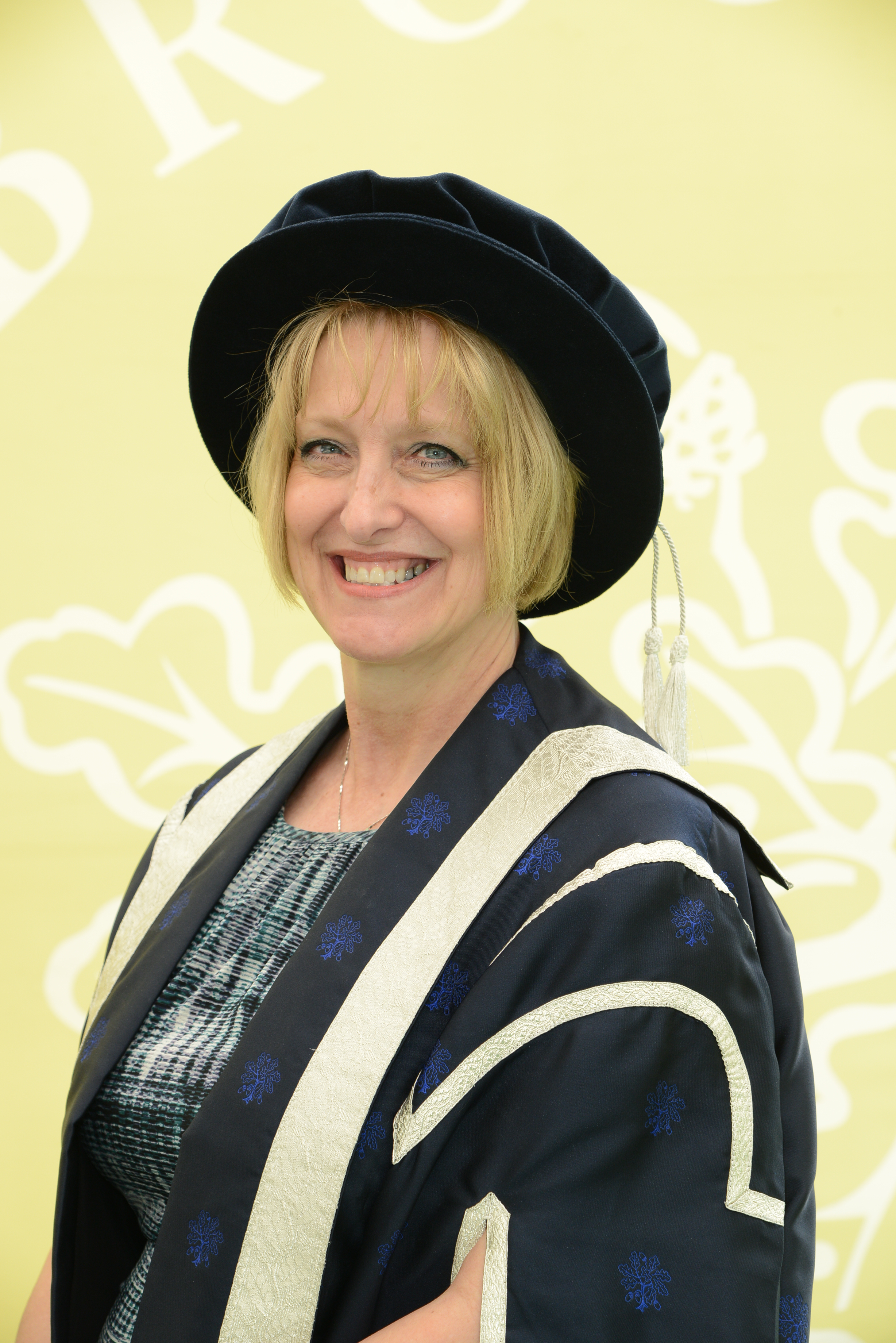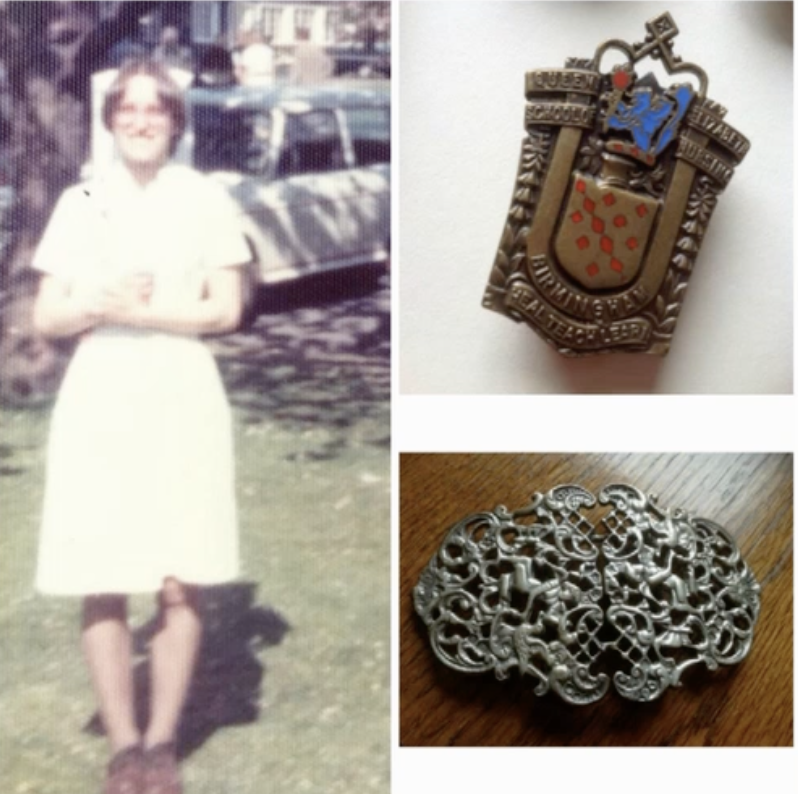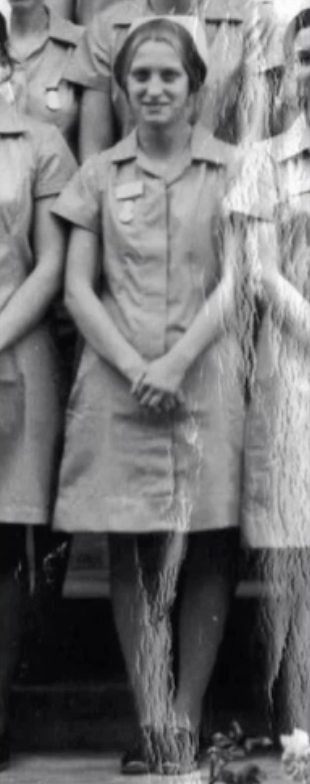Today, the RCN revealed that Nurses in the UK had voted in favour of strike action for the the first time in its 106 year history. It is a landmark moment and in many ways marks a new realism amongst the profession. Always being there, and going the extra mile no longer cuts it when it comes to being recognised and properly rewarded. Tougher responses are needed and Nurses are showing that they are up for those tough responses. There will be many who didn’t vote for action, and many who will be sorry that it had to come to this, but really, the alternatives have long been tried, and have failed.
There was no option left for Nurses – previous talk/negotiations haven’t led to anything useful and the last three years have been hard to take for most Nurses. Constantly being asked to do more with less, dilution of the workforce without thought for the effects on morale and well-being let alone on patient safety, staffing levels that should be totally unacceptable, and as always, an expectation that Nurses will fill all the gaps, pull out all the stops, and keep everything going. As the RCN says in their campaign – Enough is Enough. I’ve heard people talk about their concern for patient safety in the event of a strike, but what they don’t seem to realise is that it’s not always safe now, and that’s precisely why such unprecedented action is necessary.
Poor pay and conditions have meant that Registered Nurses have left the workforce in droves and those that are still there are working in extreme conditions where the pressures on them are far greater than they should be. I admire their courage and strength of character in taking the action of pretty much last resort – what else are they supposed to do? They have been taken advantage of for years, the presumption of them ‘always being there’ has led to them being under-valued, under-appreciated and hugely under-paid. People who actually use our NHS services know how bad it is, and will support Nurses. It’s those who know nothing about the working situations or the critical work that Nurses do every day who will be outraged. There will be talk of ‘the calling that is nursing’, ‘the vocation’, ‘the selflessness’. There should be more talk of the Nurses who are using food banks, the real-terms reduction in pay of £4,300 since 2010 and a reduction of £1,100 just this year. More talk about the Nurses who go home exhausted trying to hold everything together in seriously under-staffed clinical areas. More talk about the impact of Registered Nurses on patient outcomes and patient safety and what happens to that when there aren’t enough Registered Nurses. And there aren’t nearly enough.
It’s time that Nurses made their voices heard this way. Because this strike vote is not just about pay. It’s not just about grinding working conditions, or Nurses’ mental health and well-being. It’s about the safety of the people who need NHS services. It’s about the sustainability of the NHS. Without sufficient skilled Nurses it can not do what it was set up to do. This strike vote should be a wake-up call to everyone. For everyone’s sake, listen to what Nurses are saying. Support Nurses – or there will be no services to support you.




